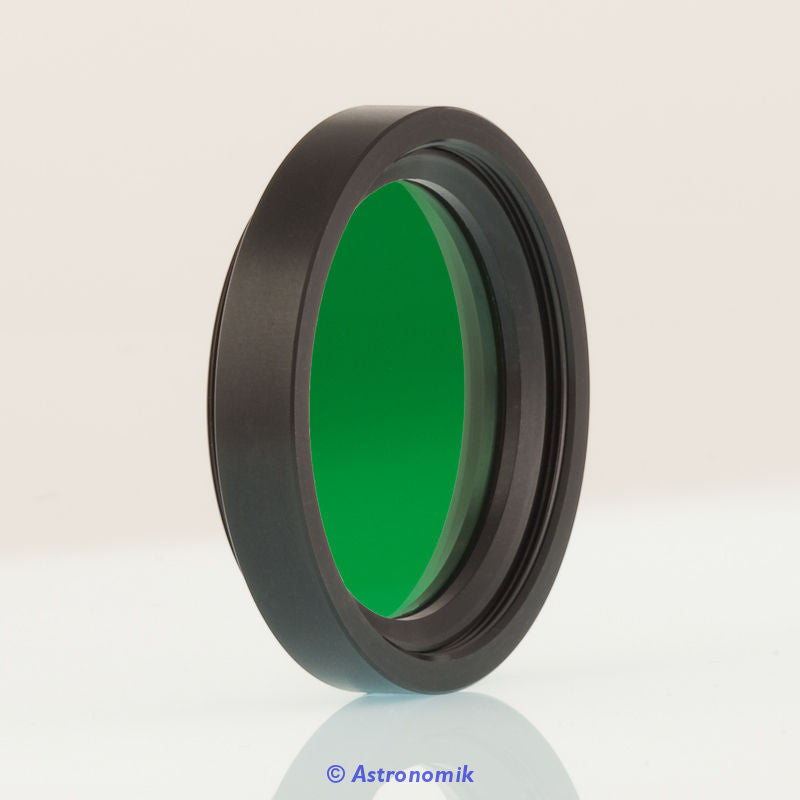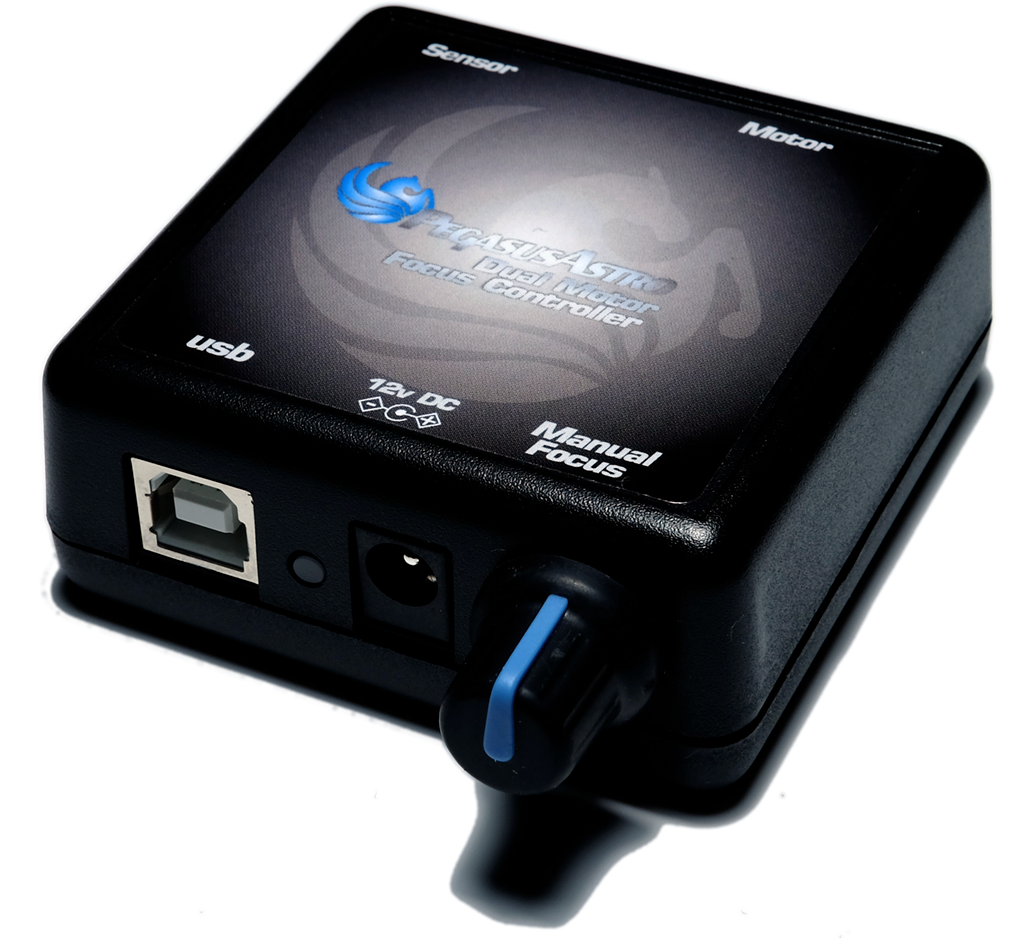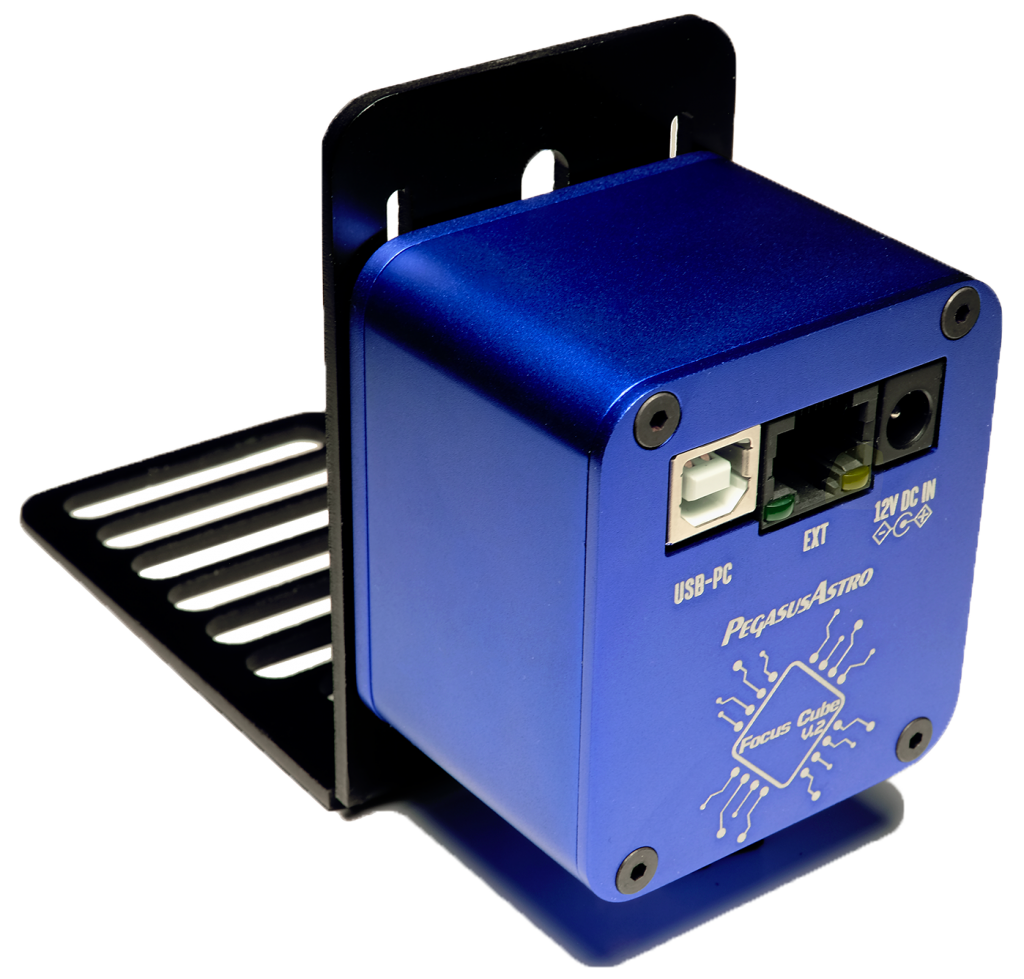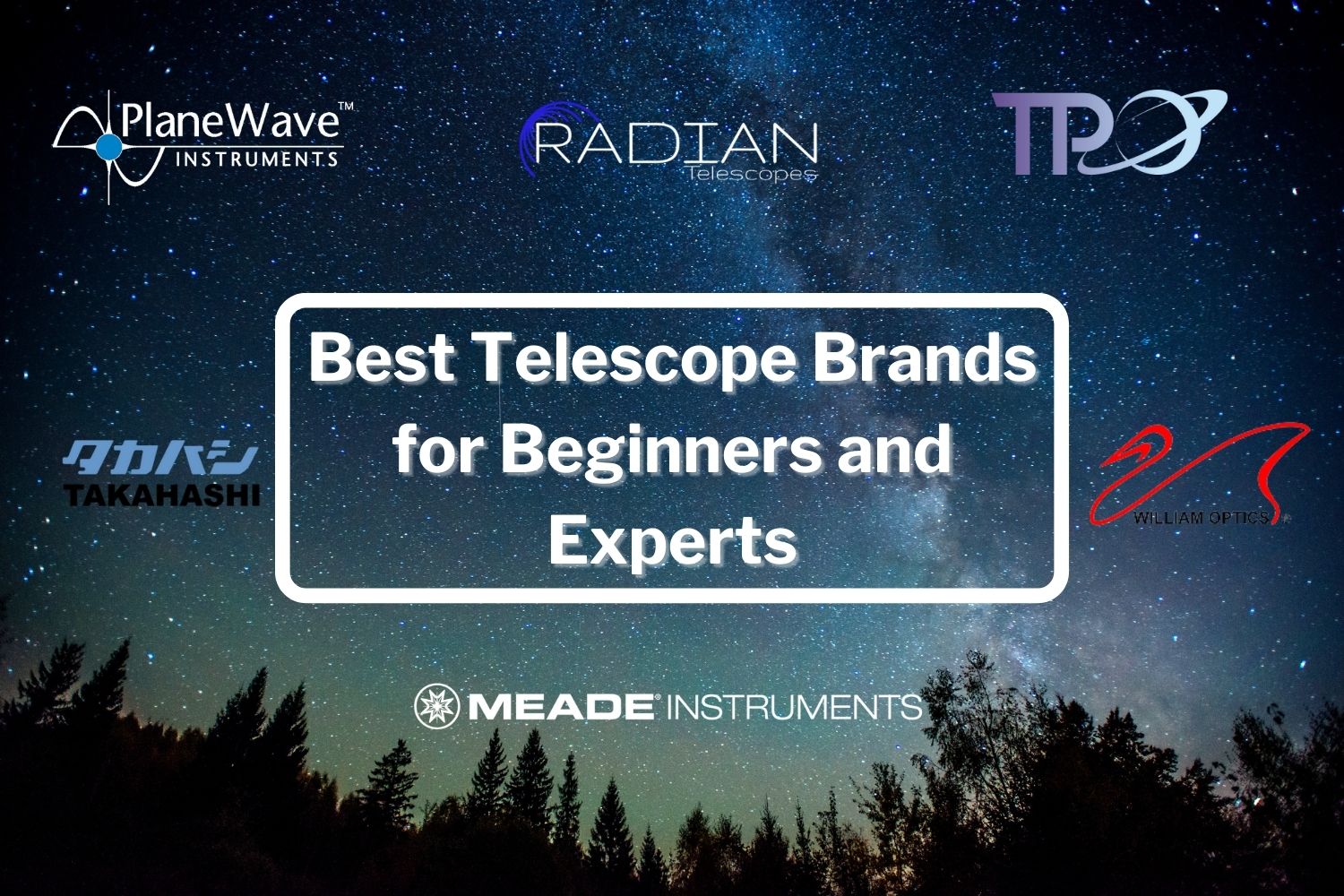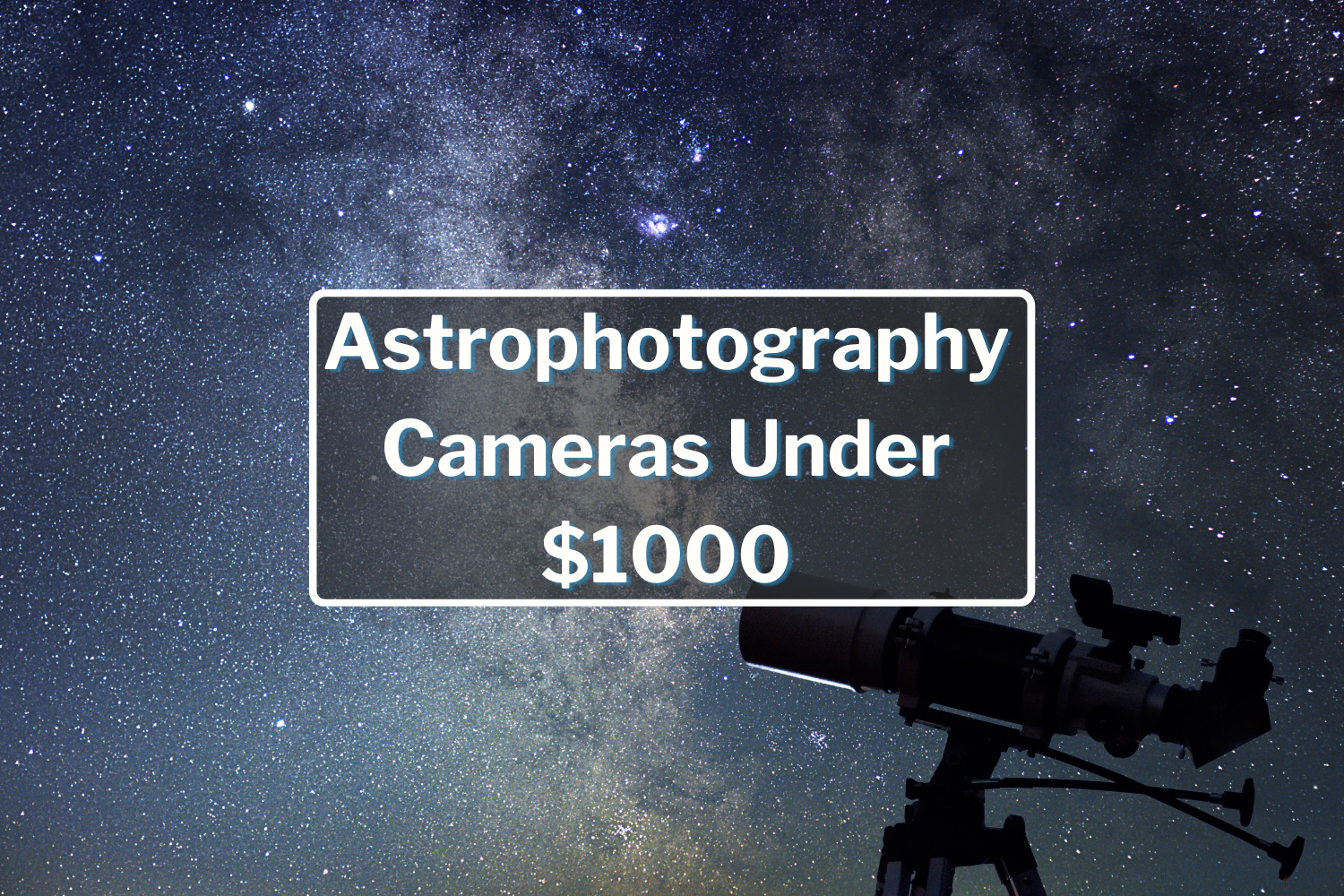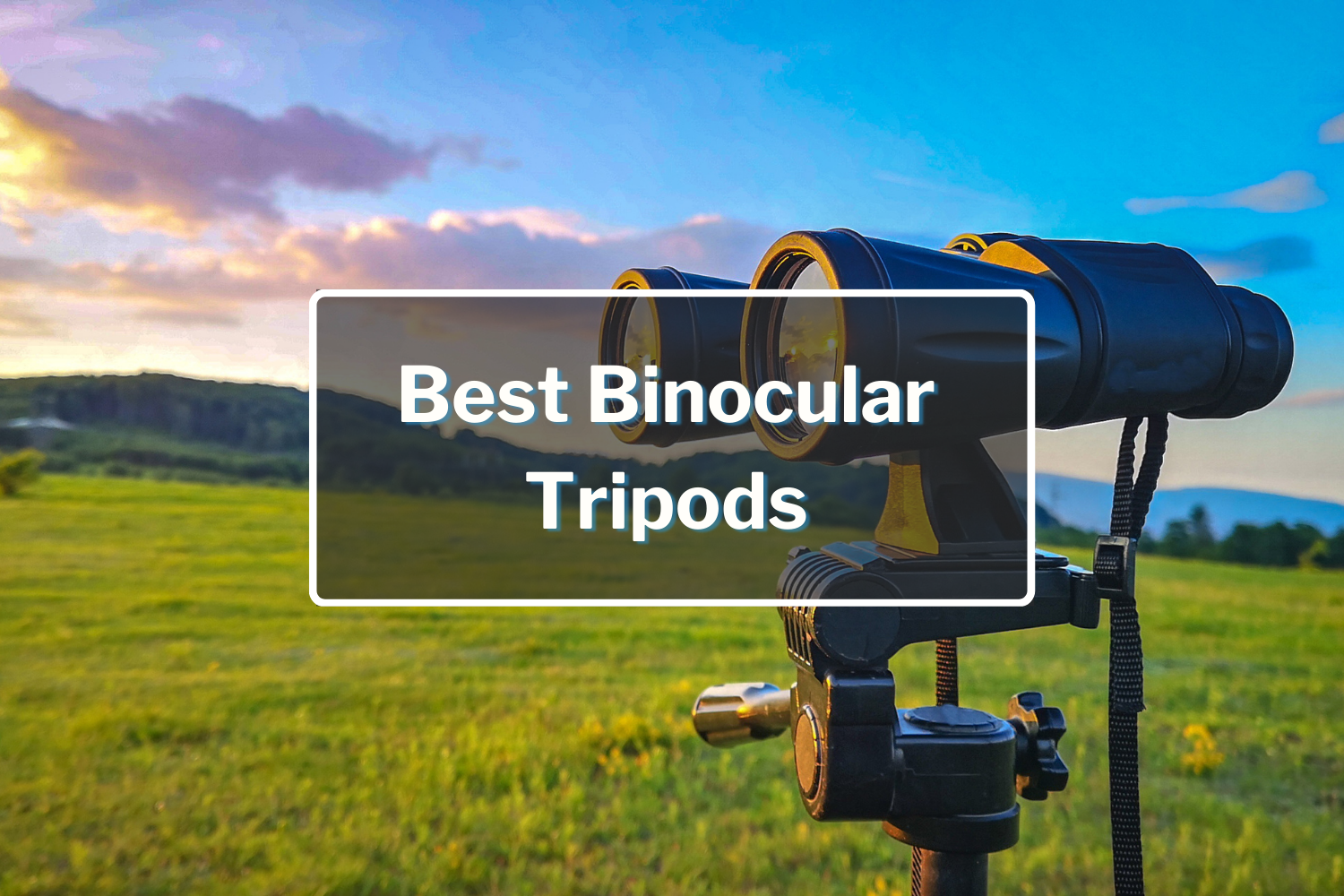The Best Telescopes for Beginners 2023
It’s never too late to start exploring the wonders of the night sky, and today’s best telescopes for adult beginners have all the tools you need to start your journey into the world of astronomy — a journey that can take you wherever you want to go.
Now, new technologies and advanced optics allow novice astronomers to view and photograph even distant deep space objects, connect with a worldwide community of astronomy lovers, and even contribute data for astronomy research projects such as asteroid and comet tracking. There’s a beginner-level telescope for just about everyone, and even budget-friendly setups can deliver the quality and functionality of more advanced instruments.
OPT’s vast collection of telescopes for beginners is user-friendly and easy to set up, with options including computerized tracking and smartphone connectivity for enhanced viewing and learning about the night sky. Many are portable, sturdy, and suitable for users of all ages.
Not sure what’s the best starter telescope for you? Start with this guide to OPT’s best amateur telescopes for every budget. And if you’re not shopping for yourself, explore our ideas or our kid-friendly telescopes page for more choices! If you’re looking for budget-friendly telescopes, see our guide on the best beginner telescopes for under $300.
The Top 10 Best Telescopes for Beginners

Celestron StarSense Explorer LT 80AZ Smartphone Telescope - $229.95
The Celestron StarSense Explorer LT80AZ is one of the best beginner computerized telescopes. It partners with your smartphone to find planets, nebulae, and other deep space objects from both the city and darker sky locations. This is one of the best refractor telescopes for beginners, with an 80mm aperture and 900mm focal length. The complete kit comes with a full-height tripod, two eyepieces, and a smartphone dock.
The StarSense Explorer works with the StarSense app to locate night sky objects and track them with the telescope’s manual alt-azimuth mount.
Pros:
- Easy to set up
- Comes with a smartphone app for assisted guidance in finding objects
Cons:
- Not ideal for close-up views of planets

Celestron PowerSeeker 70 EQ Telescope - $169.95
Celestron’s PowerSeeker 70 EQ Telescope gives first-time telescope users an affordable but powerful instrument for viewing both night sky objects and the daytime world of nature. This refractor telescope includes two eyepieces plus a 3x Barlow lens for tripling their viewing power, a tripod, and a manual alt-azimuth mount. Every PowerSeeker model also comes with The Sky Level 1 planetarium software for locating and learning about thousands of celestial objects.Pros:
- Easy to use and navigate to night sky objects
- Portable
Cons:
- The tripod is prone to vibration

Celestron StarSense Explorer 8” Dobsonian Smartphone Telescope - $799.95
The Celestron StarSense Explorer combines the light-gathering power of a Dobsonian telescope with precision guidance from your smartphone for incredible views of the night sky. The StarSense app uses a star map to direct you where to point your telescope for viewing planets, moons, and more distant objects. The Starsense Explorer comes with a 25mm eyepiece and eyepiece rack, plus the StarPointer red dot finderscope for manual tracking.
Pros:
- Powerful scope that’s easy to use
- Comes with a smartphone app for locating objects
Cons:
- Large size can be cumbersome to pack and carry

Unistellar eVscope 2 Smart Telescope $4,899
The Unistellar eVscope 2 is the world’s most advanced consumer digital telescope, with features to suit both beginner hobbyists and advanced astronomers. This smart telescope is powered by Unistellar’s proprietary technologies, including Enhanced Vision, light Pollution Reduction, and Automated field Detection for revealing deep space objects with clarity and detail, whether you’re observing from the heart of a city or under the darkest skies.
The Unistellar eVscope features the highest resolution of any consumer telescope and comes with the Unistellar app for precise viewing and collecting and sharing data with other users around the world.
Pros:
- Extremely easy to operate
- Takes images of the night sky
- Clear views even with light pollution
- Share views with multiple users on smart devices

Sky-Watcher Classic 150P f/7.9 Dobsonian Telescope - $460
The Sky-Watcher Classic is an affordable but full-featured Dobsonian telescope for anyone just starting in astronomy, but it also packs enough power for advanced users. The Dobsonian base keeps the telescope stable and easy to position toward any celestial object, and the 152 mm aperture provides detailed viewing of planets, moons, and more. All accessories are included for an easy setup and fast start, so it’s an ideal first telescope for beginners of all ages.
Pros:
- Great for both beginners and adepts
- Doesn’t need a tripod
Cons:
- Large
- So popular it sells out quickly

Explore Scientific Firstlight AR90mm White Tube Refractor - $159.99
The Explore Scientific Firstlight refractor telescope is a budget-friendly first telescope that includes all essentials, including a sturdy tripod, eyepiece, red dot viewfinder, and a smartphone adapter for capturing and sharing images. This telescope has a 90mm aperture with a. focal length of 500mm for detailed viewing of planets, moons, and deep space objects, and it’s mounted on an Alt-Azimuth mount for precise positioning. With quality optics and a user-friendly setup, the Firstlight is an ideal starter telescope for all ages.
Pros:
- Great quality optics at a good price
- Good telescope for beginners

Orion SkyScanner BL135mm Dobsonian Reflector Telescope - $399.99
The Orion SkyScanner is a beginner Dobsonian telescope with high-quality optics for viewing the moon, planets, and brighter deep sky objects in stunning detail.
The Skyscanner’s 135mm mirror collects plenty of light, and its red dot scope helps you target objects precisely. Its “point and view” setup makes It easy for beginners of all ages to start observing and learning. The SkyScanner also comes with the Orion MoonMap 260 for locating more than 260 lunar features, including craters, mountains, and seas.
Pros:
- Great for beginners and more adept users
- Doesn’t need a tripod
Cons:
- Difficult to transport in small vehicles

Celestron AstroMaster LT 70AZ Telescope - $159.95
Celestron’s Astromaster LT 70AZ achromatic refractor telescope is portable, easy to use, and ideal for beginning astronomers interested in observing the moon and planets. The AstroMaster has a 76mm aperture and focal length of 700 mm for clear, high-quality views, and its altitude-azimuth mount and red dot finderscope makes it easy to locate and line up viewing targets. This portable telescope comes with a software package that includes an object database, printable sky images, and other viewing aids.
Pros:
- Easy to operate and adjust
Cons:
- Requires collimation, or realignment, of its lenses

Celestron StarSense Explorer DX 102AZ Smartphone Telescope - $469.99
Celestron’s StarSense Explorer DX 102AZ refractor telescope partners with your smartphone for enhanced viewing and learning about night sky objects. The StarSense explorer has a 102mm aperture with a focal length of 660mm for viewing brighter objects in the city and fainter deep sky objects under darker skies.
The companion app provides precise guidance to any objects in view with the telescope’s dual-axis controls on a manual alt-azimuth mount. This portable telescope comes with two eyepieces, a red dot finderscope for viewing without a smartphone, and a standard tripod.
Pros:
- Easy to get started with
- Includes smartphone app for assistance in finding objects

Unistellar eVscope eQuinox Smart Telescope - $2999
The Unistellar eVscope eQuinox is an advanced smart telescope capable of producing images that rival more advanced astrophotography setups. With the Unistellar eQuinox’s Wi-Fi and user-friendly apps, you can view and photograph even dim and distant objects without leaving your home.
The eQuinox also interfaces with the SETI institute. It comes with a membership to the Unistellar Network, so you share your discoveries with a worldwide community of astronomy lovers and submit space data in support of astronomical research. But if you’re looking for a traditional night sky viewing experience, the eQuinox may not be for you – it doesn’t have an eyepiece and operates only with iOS and Android devices.
Pros:
- Easy to operate
- Takes images of the night sky
- Share views with others on multiple devices
- Opportunity to support astronomical research
Cons:
- Isn’t designed for standard night sky viewing
- Works only with smart devices
Want to learn more about different types of Telescopes? Check out our blog posts on the Newtonian, Dobsonian,and Cassegrain telescopes. Curious to learn how a telescope works? Click here to see our beginner's guide on how to use a telescope!




